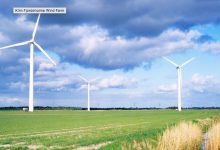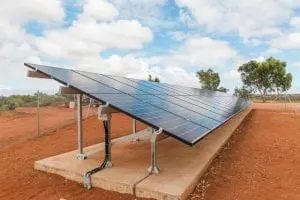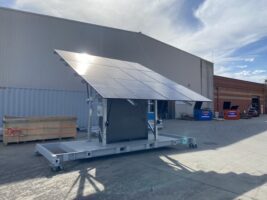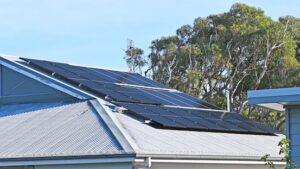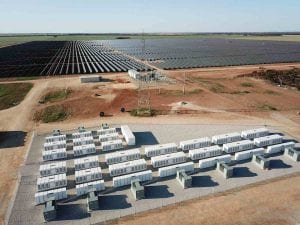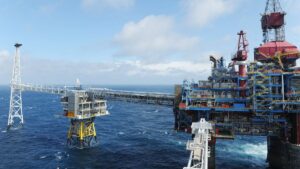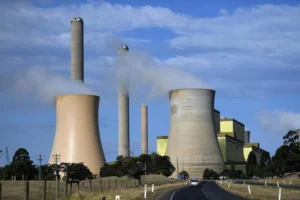The International Energy Agency (IEA) has launched a new project to spur greater involvement of citizens in clean energy transitions, in a much-needed and major new community-focused project. The “Global Commission on People-Centred Clean Energy Transitions” program will bring together decision makers, leaders and governments and will be headed by Denmark’s government.
“The new global commission’s aim will be to put people at the heart of clean energy transitions”, said the IEA. “Its primary focus will be on how best to empower citizens and ensure they benefit from the opportunities and navigate the disruptions that arise. The commission’s meetings will result in key recommendations in advance of COP26 in November”.
The commission will focus on green jobs, safety nets for fossil workers, and larger issues around employment shifts. “Fossil fuel production in the Danish North Sea has been decreasing”, said Denmark’s Climate and Energy and Minister Dan Jørgensen. Though Denmark’s oil and gas extraction was decreasing, the country recently announced a premature end to that industry through a ban on the leasing of new oil and gas fields.
Jørgensen highlights that regions once dedicated to oil and gas on Denmark’s shores now heavily employ workers in wind power industries. “A fundamental change like that can only happen when you have the people supporting it”, he said. “We are far from our goal in Denmark, and we are far from perfect in our endeavours. But we are on the way and we hope that some of our experiences and inspire others”.
The agency will feature a range of leaders from around the world, including from Norway, Oman (a high oil and gas nation), Norway, Italy, Mexico and Canada, and some yet to be announced from the United States.
The International Energy Agency recently announced that it will be releasing a detailed ‘roadmap’ of how to achieve net zero by 2050, within the world’s energy sector. Dr Birol was asked about the role of communities and citizens in achieving this goal. “We governments need to take the necessary measures. So that the reaching net zero is beneficial not only for the society, not only for the planet, but but for the individuals as well”.
In recent months, several challenges have arisen in Germany, regarding community backlash to the development of both new wind farms and transmission lines. In the US, concerns around the impacts of reductions in fossil fuel sectors on jobs are rising in tone as the new Biden administration begins to take shape.

